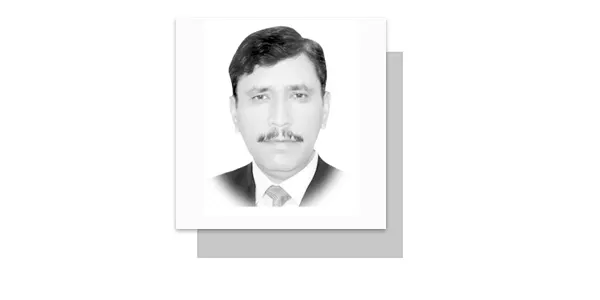PAKISTAN is mired in a humanitarian crisis that reflects its deep systemic failures. Millions struggle with hunger, malnutrition and disease. Nearly 26 million people face food insecurity, with 2.14 million children suffering from acute malnutrition. Contaminated drinking water affects 70% of households, fuelling diseases like diarrhea, while poor sanitation and inadequate healthcare exacerbate the crisis. The toll is grim: 69 infants die per 1,000 live births—a harrowing indicator of the nation’s neglect of its most vulnerable.
The root cause of this humanitarian catastrophe lies in elite capture, a phenomenon entrenched since colonial times. The British Empire’s reliance on feudal loyalists created a privileged class that exploited resources at the expense of the masses. After independence, this elite adopted new tools—industrialization and economic liberalization—to cement their dominance. Policies ostensibly aimed at progress ended up concentrating wealth among the few, leaving the majority to languish in poverty.
Elite capture stifles Pakistan’s growth by fostering inequality and centralizing power. A regressive taxation system shifts the financial burden onto the poor, as indirect taxes on essentials make up over 70% of revenue. Meanwhile, the wealthy evade taxes through loopholes, depriving the state of funds needed for education, healthcare, and infrastructure. Corruption thrives in this environment, as institutions serve private interests rather than the public good.
The centralization of power exacerbates inequality, leaving rural communities and marginalized groups voiceless. Governance becomes a tool of self-preservation for the elite, who suppress dissent to maintain the status quo. Progressive taxation must replace regressive systems, ensuring the wealthy contribute their fair share to nation-building.
These revenues can fund critical sectors like healthcare and education, fostering a healthier, more productive workforce.
Establishing the rule of law is crucial for fostering accountability and trust in governance.
Corruption, nepotism, and tax evasion must face uncompromising action to ensure justice. Independent judiciary and robust institutions play a pivotal role in rebuilding confidence, creating a stable environment that attracts investment and fuels innovation. Transparent systems and fair practices not only enhance economic prospects but also strengthen social cohesion, paving the way for sustainable development and a thriving, equitable society.
Right to dissent is another cornerstone of progress. Suppressing critical voices stifles innovation and prevents self-correction. Protecting the rights to speech and assembly, alongside an independent media, will ensure transparency and foster a culture of inclusivity and reform.
Pakistan’s future depends on its ability to rise above the chains of its past and forge a more just and inclusive society.
—The writer is contributing
columnist, based in Islmaabad








